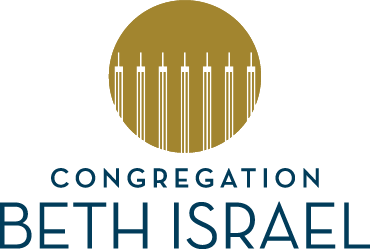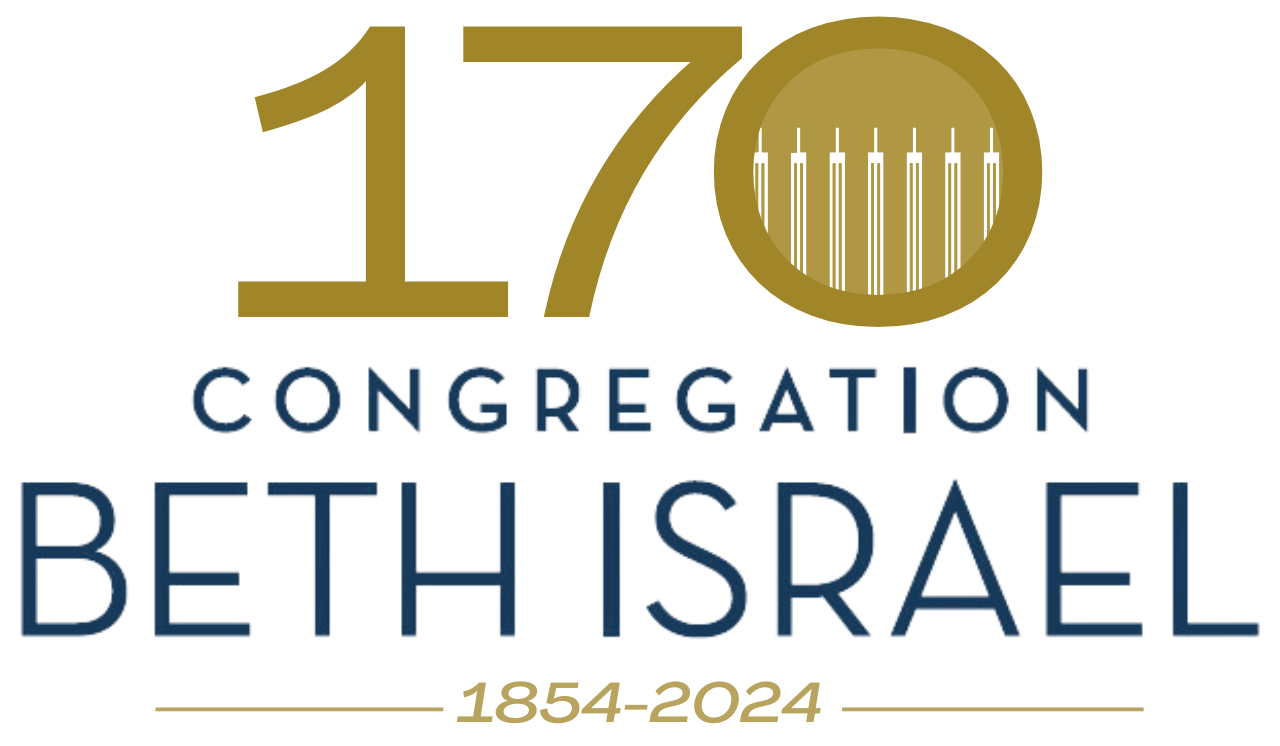“What Masks Don’t Hide”

“What Masks Don’t Hide”
From the desk of Rabbi David Lyon
The holiday of Purim ended last week, but not the fuss about wearing masks. Masks would have greater appeal if they were always bedazzled as they are for Purim, but ordinary masks for life-saving reasons are sterile, cold, and political. Just as we removed our Purim masks to reveal our real identities, we learned that Texas would lift the requirement to wear any mask in public places. There was no hiding the swift reaction to the governor’s decision. Take a side on the issue, but it’s not our best use of time and energy.
Instead, let’s begin again by seeing each other as people with a set of shared goals. We all want to live and prosper. Most of us prefer to live and prosper without being encumbered by extra rules, laws or boundaries. If we were asked, “To what extent would you go to protect yourself and your family?” we would all likely pick a few of the same answers from a long list of options. If we were asked, “How long would you commit to life-saving measures for yourself and your family?” we might reveal that we would all take the time that’s necessary to ensure the safety and well-being of ourselves and our families.
Though we find common ground in our answers, we also share frustration and impatience. Who really likes these lingering life-style changes? A person in our congregation commented on how difficult it is not only to live alone but also to be cut off from her community of friends who regularly gathered on Shabbat and for weekly events. Zoom doesn’t satisfy her need for social engagement and real-time stimulation. It doesn’t satisfy ours, either.
Together, we note that we’re all willing to accept our obligation to contribute to the well-being of others if the sacrifice we’re making is working and will end one day. Science rightly instructs us to wear masks, physically distance, wash hands, and get a vaccine. Data show that it makes a difference. Religious leaders, social workers, and community leaders have a large role to play, too. They can help explain that the sacrifice is part of our human moral code, it serves a future that our children will inherit, and ultimately our role brings honor to God.
Rabbi Jonathan Sacks explained that science and religion share a great partnership. He puts it this way: through science the world is revealed; through religion we discover its meaning. Science revealed the virus and created the vaccine. Now it’s time for religious and community leaders to address the worthiness of our sacrifice and the meaning of a shared moral code. It’s compelling to believe that our contribution to the cause has meaning above and beyond rules and regulations. Judaism validates this in its lesson, “To save one life is to have saved an entire world” (Sanhedrin 37a). It begins at home, because if it were your life or the life of family member or friend, it’s a world you and I would do anything to protect.
The topsy-turvy world of Purim has ended, but not the topsy-turvy world we still live in with masks on our faces. To be freed from them we have to reveal a part of us that no mask should hide, namely, our shared humanity reflected in patience, trust, and sacrifice.
L’Shalom,
![]()
